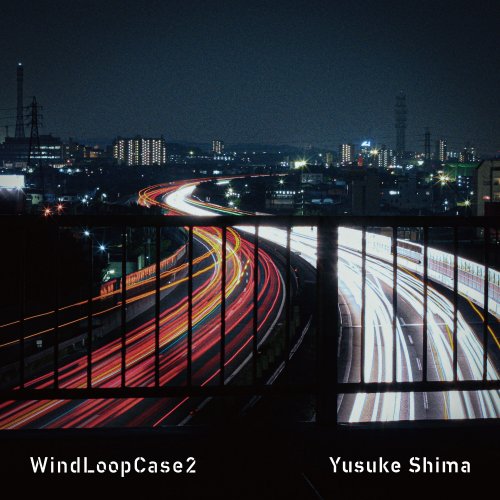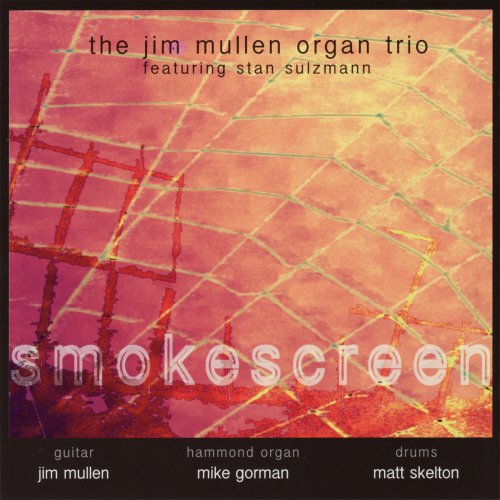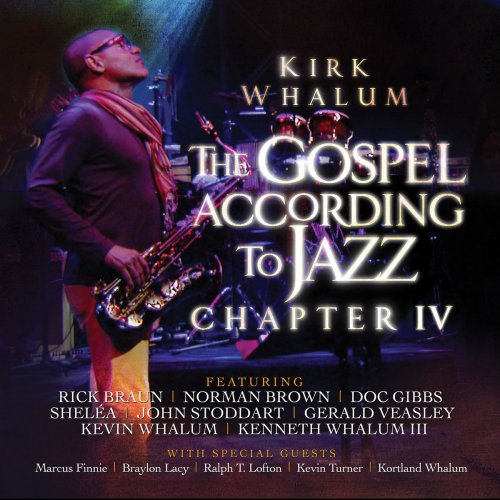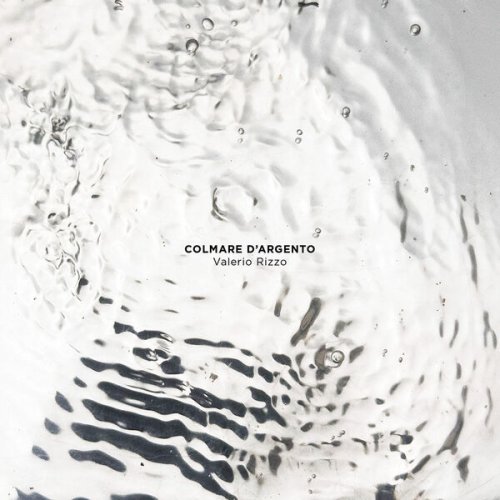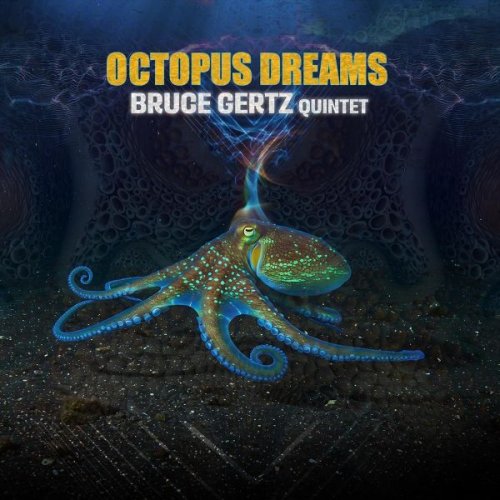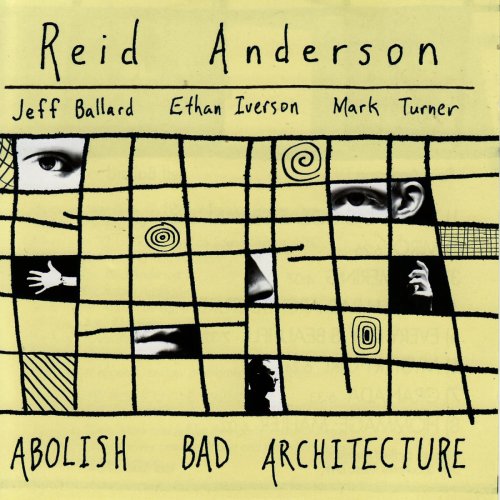Esa-Pekka Salonen - Kaija Saariaho: Graal théâtre, Château de l'âme & Amers (2001)
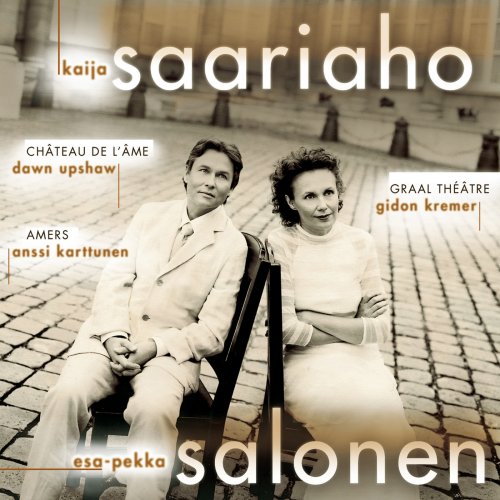
Artist: Esa-Pekka Salonen
Title: Kaija Saariaho: Graal théâtre, Château de l'âme & Amers
Year Of Release: 2001
Label: Sony Classical
Genre: Classical
Quality: FLAC (tracks) / MP3 320 Kbps
Total Time: 01:11:17
Total Size: 342 Mb / 182 Mb
WebSite: Album Preview
Tracklist: Title: Kaija Saariaho: Graal théâtre, Château de l'âme & Amers
Year Of Release: 2001
Label: Sony Classical
Genre: Classical
Quality: FLAC (tracks) / MP3 320 Kbps
Total Time: 01:11:17
Total Size: 342 Mb / 182 Mb
WebSite: Album Preview
Graal Théâtre (Kaija Saariaho)
1. I. Delicato (Instrumental) 16:54
2. II. Impetuoso (Instrumental) 10:32
Château de l'âme (Kaija Saariaho)
3. Château de l'âme: I. La Liane (Voice) 05:53
4. Château de l'âme: II. A La Terre (Voice) 05:14
5. Château de l'âme: III. La Liane (Voice) 03:01
6. Château de l'âme: IV. Pour repousser l'esprit (Voice) 02:08
7. Château de l'âme: V. Les formules (Voice) 07:53
Amers (Kaija Saariaho)
8. Part 1: Libero, dolce, misterioso (Instrumental) 08:43
9. Part 2: Sempre molto energico, ma espressivo (Instrumental) 10:59
Performers:
Gidon Kremer (violin)
BBC Symphony Orchestra
Dawn Upshaw (soprano)
Members of the Finnish Radio Chamber Choir
Finnish Radio Symphony Orchestra
Anssi Karttunen (cello)
Avanti! Chamber Orchestra
Esa-Pekka Salonen, conductor
Kaija Saariaho was born in Helsinki in 1952, one of numerous notable musicians to have come out of Finland recently, a distinction she shares with Salonen, one of her earliest and most steadfast supporters. She studied in Finland, Germany, and Paris, where she became acquainted with the composers of "spectral" music, who focus on music as sound and examine its constituent elements in microscopic detail. This influenced her own writing, which she describes as "more timbral than melodic, more focused on color than line."
Indeed, the two instrumental works on this disc seem created entirely from sound effects and color effects. Graal Theatre is a substantial violin concerto that exploits all imaginable, and many unimaginable, resources of the instrument and demands superhuman tonal and technical acrobatics of the soloist. Kremer, of course, clears all these hurdles with ease and aplomb; the beauty of his tone comes through at every opportunity. These are almost nonexistent in the cello concerto, Amers, in which the soloist is reduced to running, scratching, and squeaking. The five-song set Chateau de L'ame is the most accessible: sung beautifully, it is mainly lyrical, atmospheric, languid, and mournful, with big leaps in the vocal line and much lighter orchestration than in the concertos. The composer confirms that "vocal music written to strong texts seems more emotional," because the words enhance the music and because "the human voice touches us differently than any other instrument." It would have been helpful to know what the songs are about, but unfortunately, the booklet carries no texts, though it includes a long interview with the composer in three languages. -- Edith Eisler
Indeed, the two instrumental works on this disc seem created entirely from sound effects and color effects. Graal Theatre is a substantial violin concerto that exploits all imaginable, and many unimaginable, resources of the instrument and demands superhuman tonal and technical acrobatics of the soloist. Kremer, of course, clears all these hurdles with ease and aplomb; the beauty of his tone comes through at every opportunity. These are almost nonexistent in the cello concerto, Amers, in which the soloist is reduced to running, scratching, and squeaking. The five-song set Chateau de L'ame is the most accessible: sung beautifully, it is mainly lyrical, atmospheric, languid, and mournful, with big leaps in the vocal line and much lighter orchestration than in the concertos. The composer confirms that "vocal music written to strong texts seems more emotional," because the words enhance the music and because "the human voice touches us differently than any other instrument." It would have been helpful to know what the songs are about, but unfortunately, the booklet carries no texts, though it includes a long interview with the composer in three languages. -- Edith Eisler
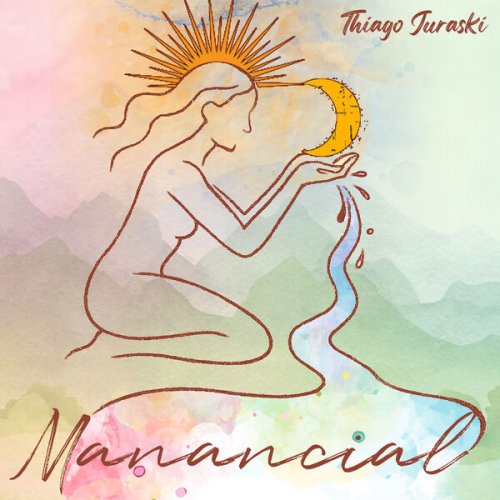
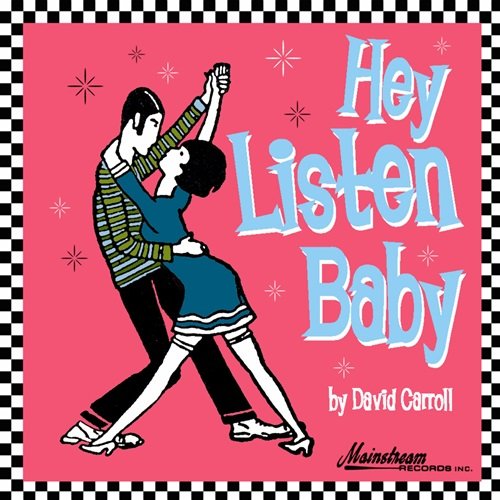
![Alma Micic - You're My Thrill (2024) [Hi-Res] Alma Micic - You're My Thrill (2024) [Hi-Res]](https://www.dibpic.com/uploads/posts/2025-12/1766493943_amyt500.jpg)
